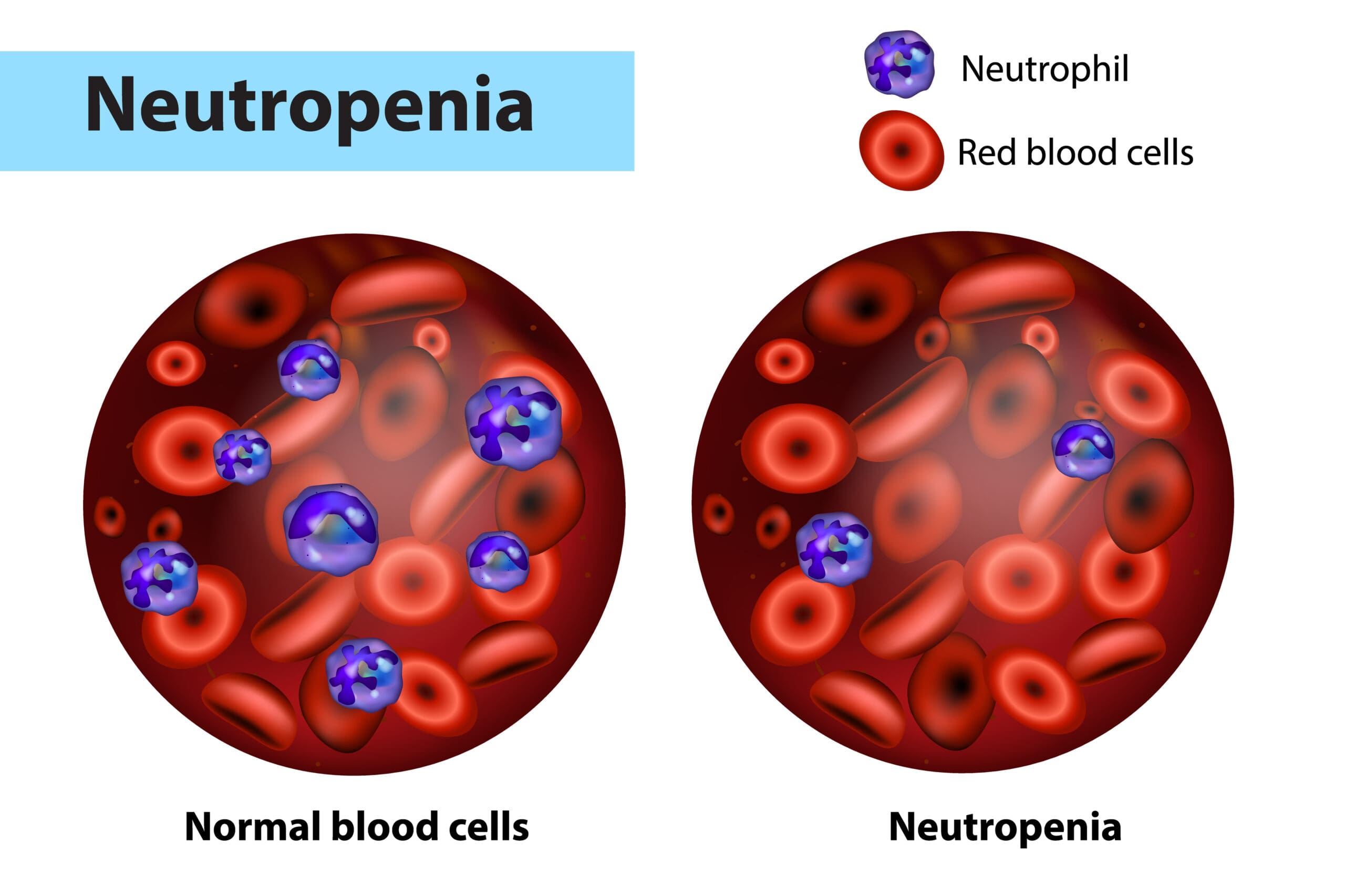How autoimmune disease impairs liver health
By naturopath Margaret Jasinska
The liver always suffers whenever there is autoimmune disease. If you have done some reading about autoimmune disease on the internet, you have probably already learned the importance of overcoming leaky gut, and the healing benefits of bone broth and fermented foods. These topics are getting a great deal of attention in the media and internet health community and that’s wonderful. Unfortunately the liver is not getting enough attention.
If you have an autoimmune disease, you must make it a priority to improve the health of your liver.
Autoimmune hepatitis, primary sclerosing cholangitis and primary biliary cirrhosis are three fairly common autoimmune diseases that affect the liver. They are serious diseases that can lead to liver scarring (cirrhosis) and sometimes even liver failure. However, every autoimmune disease will affect the liver, mainly through a toxic, leaky gut.
An excessively permeable intestinal lining (leaky gut) is present to varying degrees in all autoimmune conditions. When wastes, toxins and bacteria leak through the gut wall, where do they go? Straight to your liver. There is one main vein (the hepatic portal vein) that takes all blood from the gastrointestinal tract to the liver. Ordinarily this is a good thing because this blood is extremely rich in nutrients. Your liver is the hardest working organ in your body and it has a high need for nutrients. Your liver is also designed to trap any bacteria or foreign matter that may have escaped through the gut, preventing it from spreading to the rest of your body.
If your gut is toxic and leaky, your liver will quickly become overwhelmed. There are specialised cells inside your liver called Kupffer cells. They are a type of white blood cell called a macrophage; it comes from the Greek words big eater! The job of a macrophage is to engulf foreign matter, a lot like Pac Man. Macrophages contain enzymes that enable them to digest the debris or toxins they’ve swallowed.
If your gut is leaky, the high level of wastes arriving at your liver will trigger a great deal of inflammation inside your liver. One of the most harmful substances to travel from the gut to the liver is lipopolysaccharide. This is a type of endotoxin. It is a substance found in the cell wall of gram negative bacteria in the gut. If you have an overgrowth of bad bacteria in your gut, and if your gut is leaky, high levels of endotoxins will be arriving at your liver all the time.
Endotoxins stimulate Kupffer cells to produce high levels of inflammatory chemicals called cytokines. Some examples include interleukin 6 (IL6), Tumour Necrosis Factor alpha, and interleukin 1. These inflammatory chemicals are responsible for a lot of the symptoms of autoimmune disease, such as fatigue, pain, oedema and redness of the skin. They also affect your mood and cognitive abilities, promoting foggy head, poor memory, depression or anxiety. Lipopolysaccharide is a known pyrogen, meaning it can induce a fever. A mild fever unrelated to an infection is a very common symptom of autoimmune disease, and it can cause poor quality, disturbed sleep.
Typically, the liver will eventually become inflamed and start producing high levels of free radicals known as superoxides. These molecules are highly damaging to your entire body and they accelerate your rate of ageing.
It is very common to see mildly elevated liver enzymes on a blood test result of a patient with autoimmune disease. We also sometimes see a fatty liver on ultrasound. The liver accumulates fat inside it as a side effect from all the inflammatory damage. A blood test will also often show elevated levels of inflammatory markers called C-reactive protein and ESR (Erythrocyte Sedimentation Rate).
When the liver is inflamed and overworked, it is not able to cleanse and purify your bloodstream adequately. This leads to an accumulation of metabolic wastes and inflammatory chemicals in the bloodstream, chronically stressing the immune system. This can lead to a worsening of an autoimmune disease.
If you want to reverse autoimmune disease and restore your health, it’s vital to look after your liver. There are certain herbs and nutrients that are wonderful for helping to improve liver health, and therefore helping to reverse autoimmune disease. For more information see our book Healing Autoimmune Disease: A plan to help your immune system and reduce inflammation.








Leave A Comment